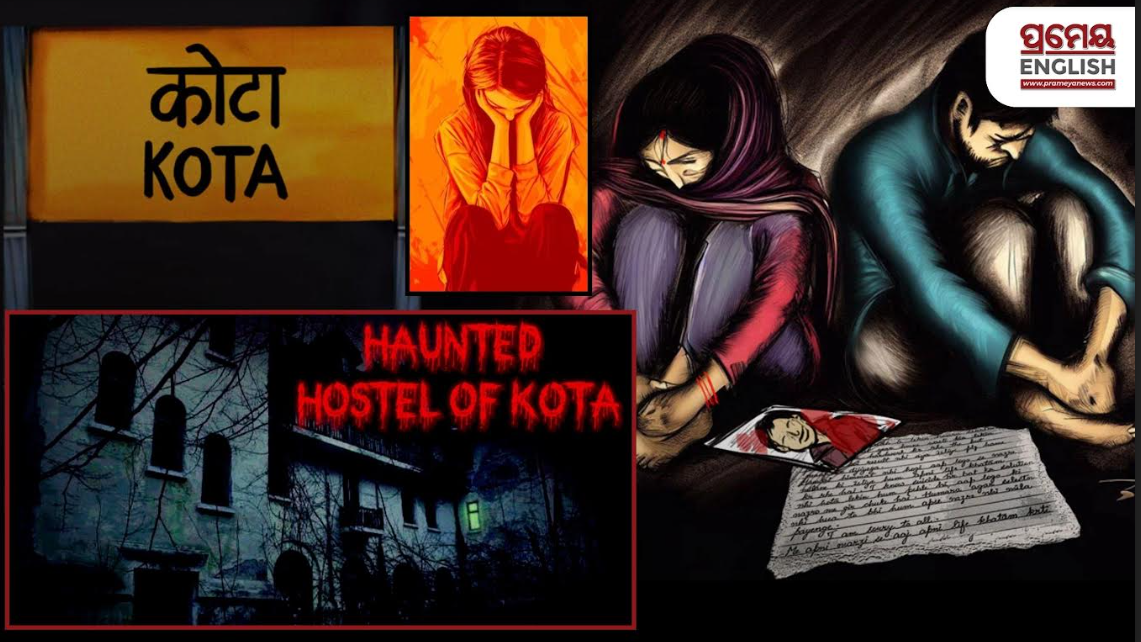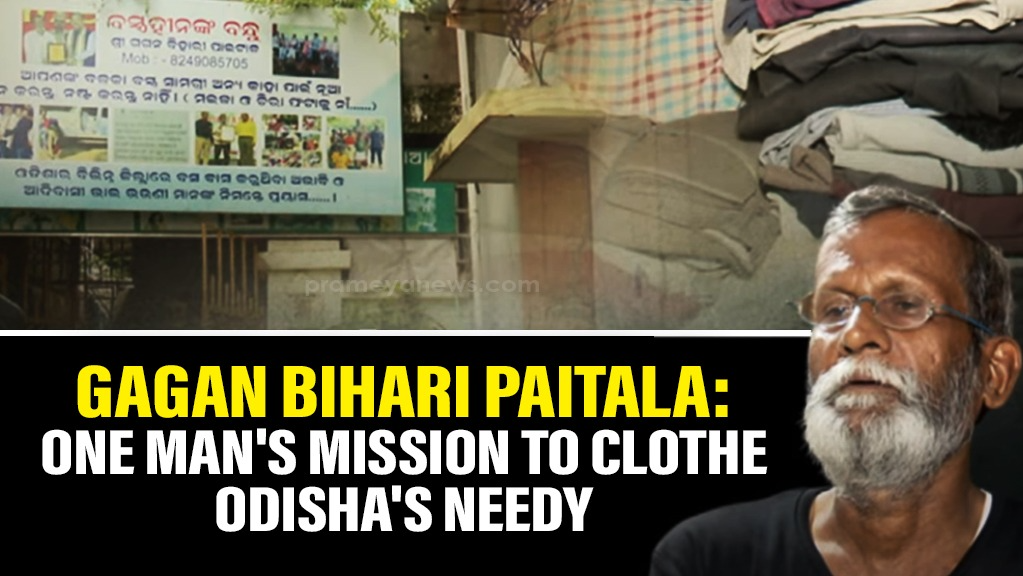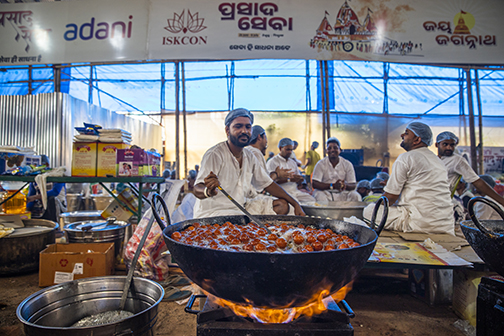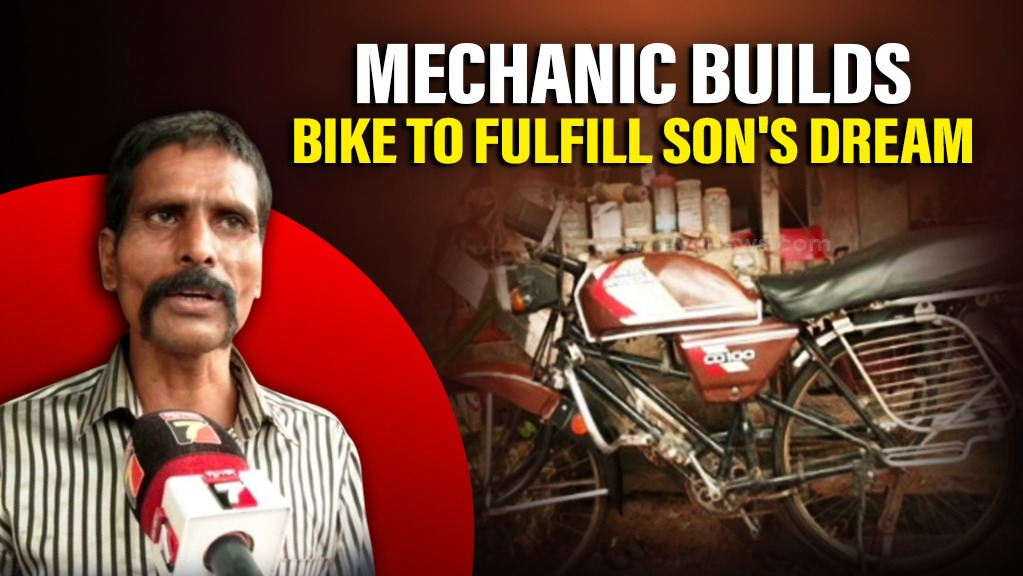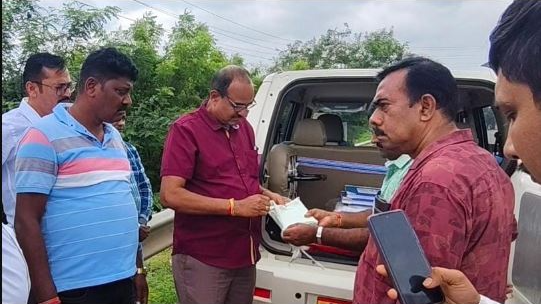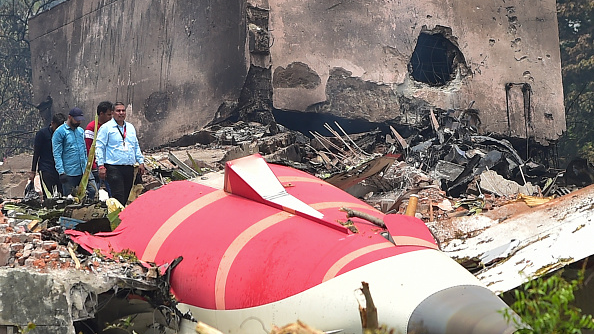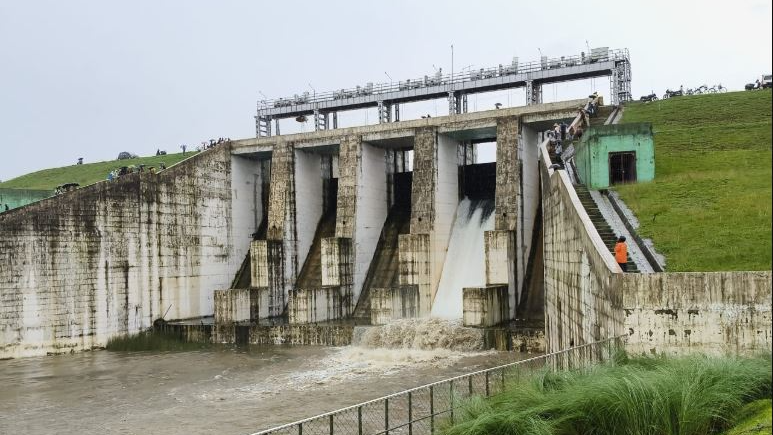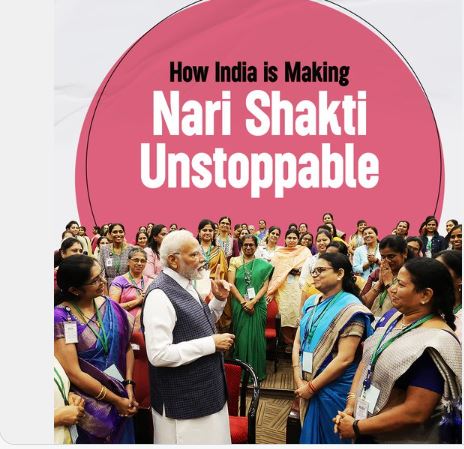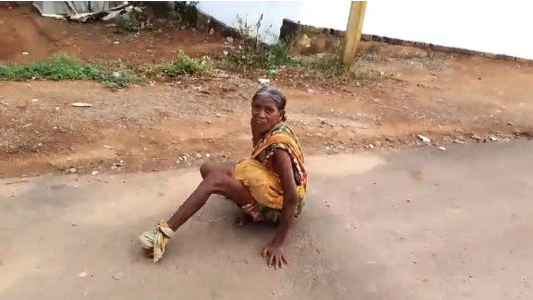Tuhina Sahoo
Approximately 17 km from the bustling city of Kota, where lakhs of JEE and NEET aspirants spend years aiming to walk the corridors of India’s top engineering and medical institutes, luxury hostel projects in the Rajasthan city have begun to resemble haunted spots. “To-Let” and “For Sale” posters now adorn over 200-300 buildings, a stark change over recent years due to plans to relocate many of Kota’s coaching institutes.
Since January this year, investors have felt the pinch of a 30-40% decline in admissions in Kota, a city that typically hosts over 2 lakh JEE and NEET aspirants annually. Almost every residential property has been converted to rental accommodations, charging about Rs 12,000 per student per month.
In the recently released third season of "Kota Factory," actor Tillotama Shome, playing a chemistry teacher, remarks, “You must be aware that Kota has turned into a factory now. Where once children were nurtured and there was a gradual progression of their skills, now there is mass production.” This dialogue mirrors a harsh reality.
The systemic issues in Kota, the coaching capital of the country, have become impossible to ignore. The ‘technical glitch’ during this year’s National Eligibility-Cum-Entrance Test (NEET) controversy exposed flaws in the Indian examination system, particularly in the medical and engineering fields. The nationwide protests that followed highlight the shared discontent among aspirants. Moreover, the rising number of student suicides in Kota, especially among those from financially weak backgrounds, has tarnished the city’s reputation and led to the closure of coaching centres and hostels, making some areas appear haunted.
The exorbitant fees charged by coaching centres place middle-class and lower-middle-class families under immense pressure. Despite this, lakhs of aspirants continue to flock to the city each year.
So far, at least six students have died by suicide this year. In 2023, 26 students died by suicide, 15 in 2022, 18 in 2019, and 20 in 2018. No suicides were reported in 2020 and 2021 as coaching centres were operating online or were closed due to the pandemic. The main reasons cited for these tragedies include parental pressure, homesickness, and vulnerability. Many students are young and living alone in hostels for the first time. They often waste the first six months and later realise it is too late for preparation, leading to depression. Parents also play a role, as they sometimes fail to connect with their children and do not provide adequate guidance or counselling.
There are even stories of paranormal activities prevalent among students.
To delve deeper, Prameya English interacted with some ex-students. Here’s what they had to say:
Ashit Kumar Padhi, an ex-student, shared, “The life of an aspirant in Kota is full of challenges. There is parental pressure to score well and intense competition between students. Facing all this alone is hard at times, but I make sure to stay connected with my family, who counsel me on my bad days. Though I’ve heard about incidents related to paranormal activities, I have never experienced such things.”
Sachin Kumar Raut, another ex-student, stated, “I studied there for almost 2 years. The selection ratio of Kota is less than 5%, and the increasing number of suicides every year is due to stress and high expectations from parents. The competitive environment in Kota is extremely intense. Students face cut-throat competition, and the pressure to secure a top rank can be overwhelming. Many students end up feeling isolated and lonely, which sometimes leads to suicide. As for paranormal activities, after hearing horror stories from friends, I sometimes felt spooked, but I have never sensed anything myself.”






